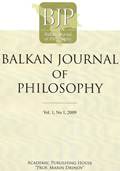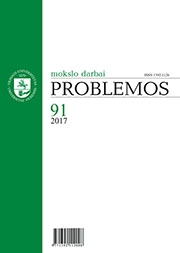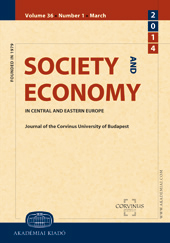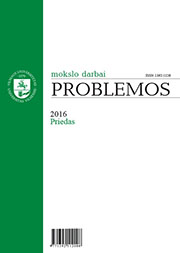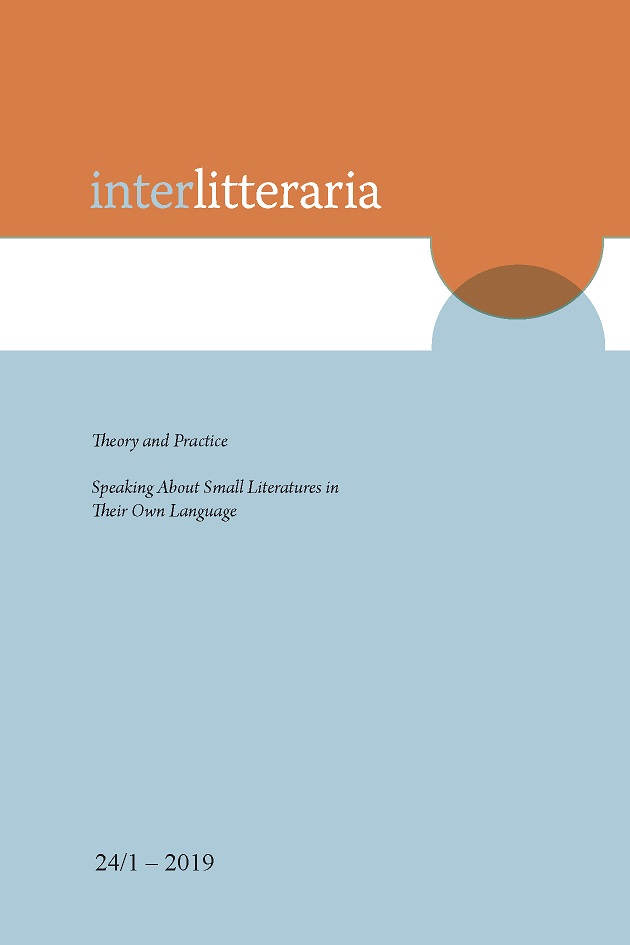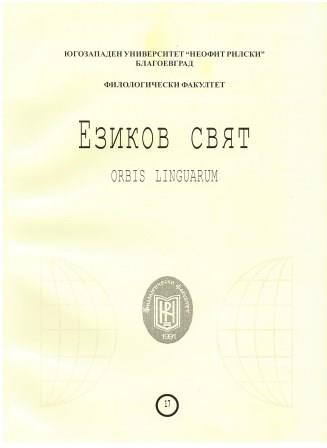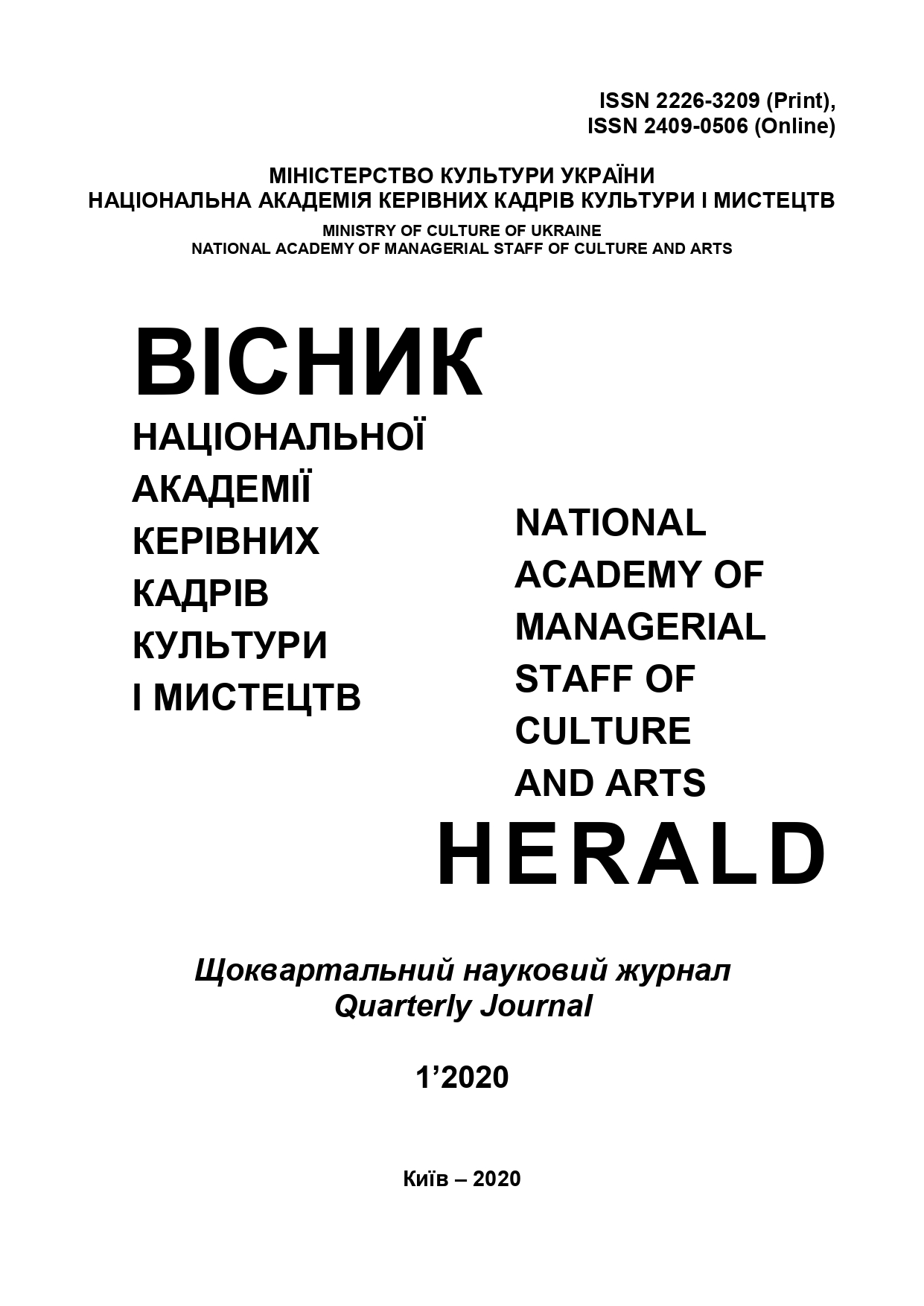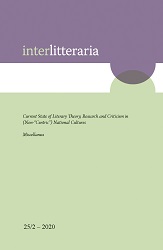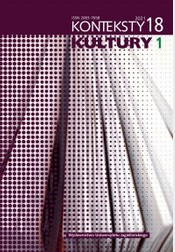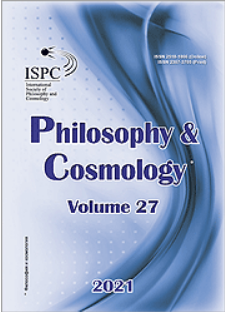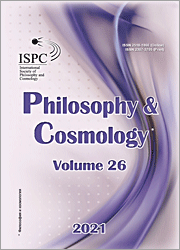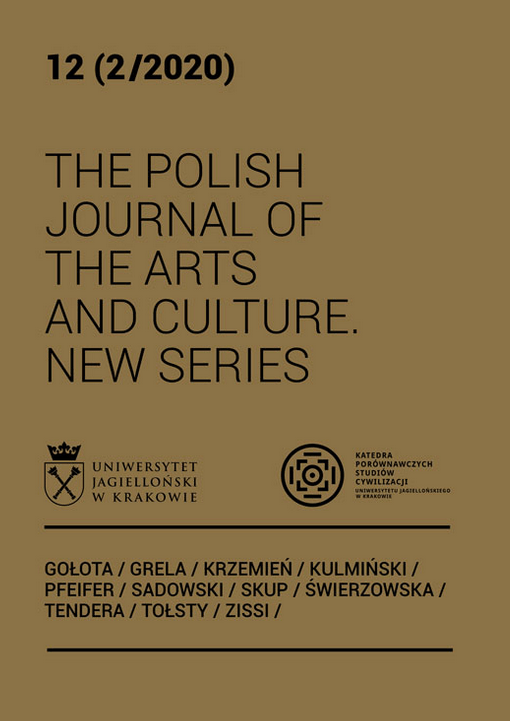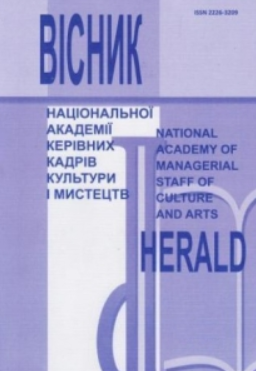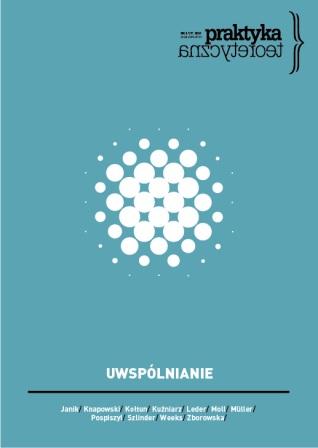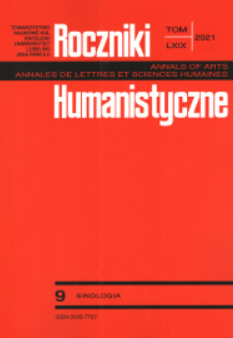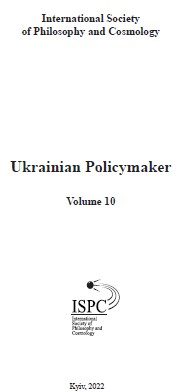Author(s): Dongxuan Wu / Language(s): English
Issue: 1/2021
The purpose of the article is to identify ways to form and develop the national Chinese art song "period of openness". The article reveals the ideas of the origin of the national romantic musical and poetic genre, features of the German Kunstlied, Chinese romance in the "period of openness" (from Romance to Kunstlied and artistic song). The interaction of traditional Chinese and Western European music systems, in which pentatonics are organically combined with classical-romantic harmony and uniform accentuation, is studied. The research methodology involves the application of a systematic approach, as well as methods of analytical, comparative, art, using which on the examples of Chinese art song "openness period" (composers Luo Zhongzhong, Li Inha, Lu Tsai-i) analyzes the process of assimilation of national traditions in chamber and vocal creativity of Chinese composers, which found expression in the accentuation of articulatory and phonetic features of the pronunciation of the verbal text, the folk throat manner of singing, the interpretation of the voice as a color paint. The regional specificity of Chinese romance is considered on the example of the songs "Returning to Mount Qingshan" by Zhang Lizhong, "You will like it" by Shi Xin. The scientific novelty of the work is to identify transformational changes in Chinese music of the twentieth century. based on the peculiarities of the refraction of European new compositional techniques (dodecaphony, serialism), which is reflected in the romances of Chinese composers "New Wave" or "national Chinese musical avant-garde" (Luo Zhongzhong, Chen Mingzhu, Zhu Jianyer). Conclusions. The study found that the "period of openness" for China was a time of reform and change in all spheres of life, including the art of music. The basis for the creation of a national romantic musical and poetic genre was the German Kunstlied, whose principles were in tune with the aesthetic foundations of classical Chinese art. Changes in creative concepts in Chinese music based on musicians' awareness of the possibility of a subjective approach to art. Their figurative and semantic kinship became the key to the formation and approval of the national-genre foundations of Chinese artistic song. The ways of spreading and popularizing Chinese art song in the context of the idea of the festival-competition movement are also determined.
More...
